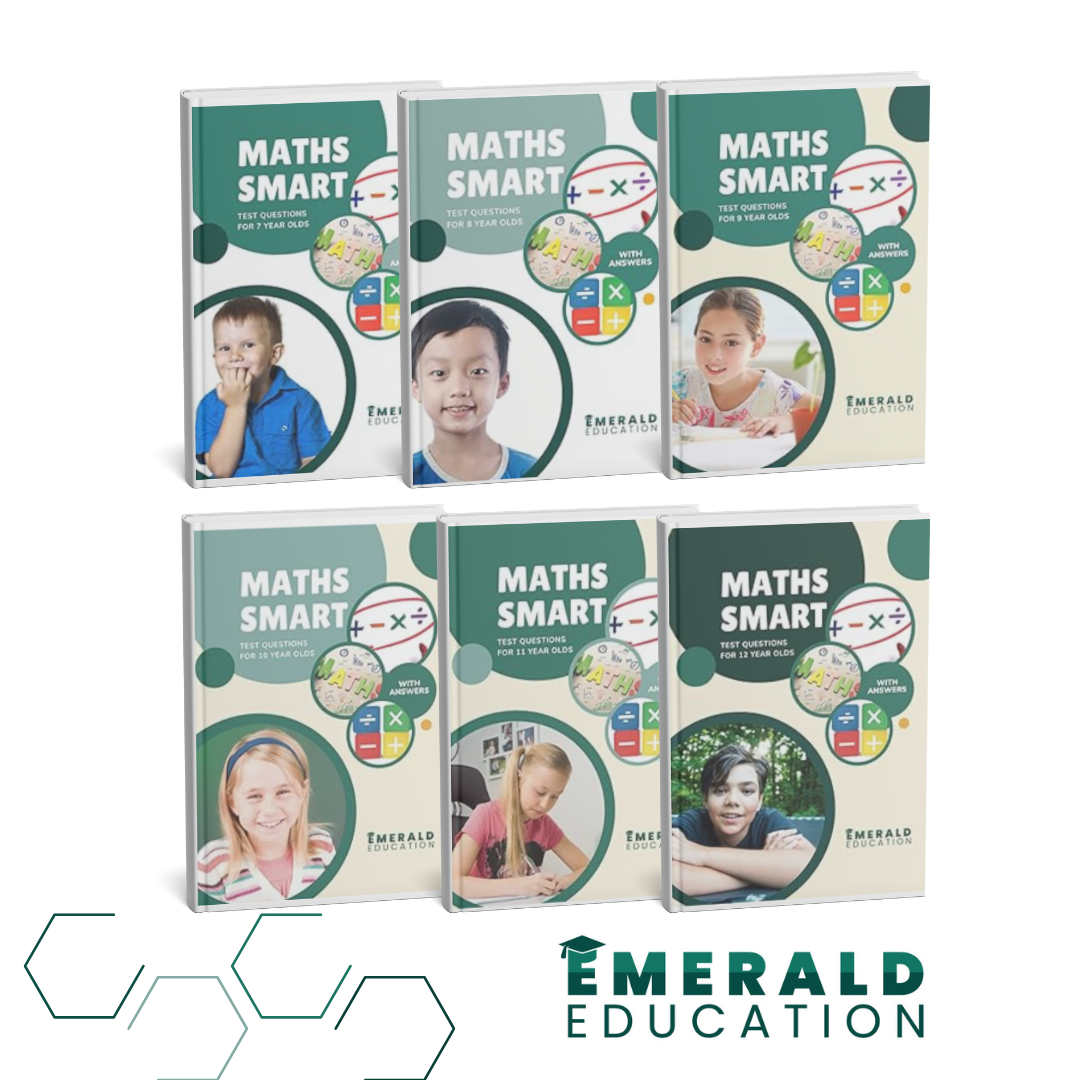Maths is a fundamental skill that plays a role in nearly every aspect of life, from cooking to budgeting, and problem-solving. But let’s be honest – it can sometimes be a subject that children (and parents) find intimidating. The good news is, maths doesn’t have to be boring or stressful. With the right approach, you can make maths fun for your child – so here are 10 fun and engaging ways to help your child with maths at home!

1. Turn Everyday Activities into Maths Lessons
Maths is all around us! When you’re out shopping with your child at the supermarket, ask them to calculate the total cost or figure out the best deals by comparing prices. This helps them recognise that maths is an important everyday skill. Cooking is also a great opportunity to practice fractions—let your child measure ingredients or double a recipe to enhance their understanding of numbers in a practical context.
Tip: Try involving them in real-life math situations to make learning feel more meaningful. Can you think of any ways you use maths daily in a real-life situation?
2. Use Maths Games and Apps
There are so many fun and educational maths apps and games available that can make learning feel like playtime. Some of my favourites are Mathsframe and Mathgames.com, as both sites not only have fantastic games, but they also cover different areas of maths, from basic arithmetic to problem-solving.
Tip: Choose apps that adapt to your child’s learning pace so they’re always appropriately challenged, but not overwhelmed.

3. Create a Maths Treasure Hunt
Make maths an adventure! Write clues that require your child to solve maths problems to find their next clue. For example, “Multiply 3 by 5, then subtract 4 to find how many steps you need to take.” This not only improves problem-solving skills but also keeps them physically active. Or you could write clues that lead them to a different place in the room once they solve the problem!
Tip: Use rewards or small prizes at the end of the hunt to motivate them.
4. Set Up a “Maths of the Day” Challenge
Set your child the challenge of solving one small maths problem a day, such as “What’s 12 divided by 3?” or “If you have 10 apples and give 4 away, how many are left?” You could pop it on the fridge and challenge your child to solve it before the day ends or get them to answer a challenge question on the way to school in the morning.
Tip: Make it fun by creating a maths scoreboard where your child can earn points for correct answers.
5. Play Board Games with a Maths Twist
Classic games like Monopoly, Yahtzee, or even Uno can enhance maths skills without feeling like a lesson. These games involve counting, probability, and strategic thinking, helping your child to practice maths while enjoying family time. I often use Uno cards or ordinary playing cards to make addition, subtraction and multiplication problems for children to solve. You can also grab my FREE Maths Monster’s Multiplication Game right here!
Tip: After the game, you can also chat with your child about the maths involved, such as asking how many points were earned or which player rolled the most even numbers.

6. Help Your Child With Maths at Home Through Daily Routines
Incorporate maths into daily tasks such as setting the table. Another way to help your child with maths at home is to ask them to work out how many forks, spoons, and plates are needed for everyone or let them estimate how long a family walk will take based on speed and distance. Skip counting on stairs can also be a fun way to learn those times tables patterns. I have a brilliant book full of fun ways to learn times tables. You can check it out here!
Tip: The more often your child encounters maths in their routine, the more natural it becomes.
7. Read Maths-Related Books
There are plenty of storybooks that incorporate maths concepts in a way that’s engaging for children. Books like “The Math Curse” by Jon Scieszka and Lane Smith or “Sir Cumference and the Dragon of Pi” by Cindy Neuschwander make maths relatable and fun.
Tip: Remember to choose books that match your child’s current level so they won’t feel frustrated.
8. Use Flashcards to Practice Basic Arithmetic
Flashcards are a simple and effective way to reinforce basic maths facts. You can either buy premade sets or make your own. Have your child quiz themselves or make it a fun family competition. You can always give out little treats for answering correctly!
Tip: Make it hands-on by letting them create their own flashcards—this can help reinforce the concepts as they write them down.
9. Reward Progress and Celebrate Efforts
Celebrate when your child reaches a maths milestone, whether it’s mastering multiplication tables or solving a tricky problem on their own. Offer small rewards or recognition to keep their motivation high.
Tip: Create a rewards chart for every maths goal they meet, helping them to visualize their progress.
10. Work Together on Maths Puzzles and Brain Teasers
If your child enjoys puzzles like Sudoku, logic puzzles, or pattern games, these can significantly improve critical thinking and problem-solving skills. These activities help children approach problems from different angles and think creatively.
Tip: Sit with your child and work through the puzzles together for some quality bonding time that sharpens their maths skills.
The Key to Maths Success: Patience and Positivity
The most important thing when helping your child with maths at home is to be patient and positive. Maths can be challenging, but with encouragement and a fun approach, your child can learn to love it. Don’t hesitate to show enthusiasm about numbers—it’s contagious!
By turning everyday tasks, games, and puzzles into learning opportunities, you’ll give your child the tools they need to succeed in maths without it feeling like extra homework. Remember, the goal is not just to solve problems but to foster a lifelong appreciation for learning.
What are your favourite ways to make maths fun at home? Let us know in the comments!

P.S. Want to know another way you can help your child with maths at home? Have you checked out my new Maths Smart test books on Amazon yet? You can have a look at them here. Due to Brexit restrictions, only UK-based customers can buy these directly from Amazon’s UK site. If you are based in Ireland, like me, you can either visit Amazon’s Spanish site to order, or drop me a message on WhatsApp (+353) 083 8550210 and you can order directly from me instead!
